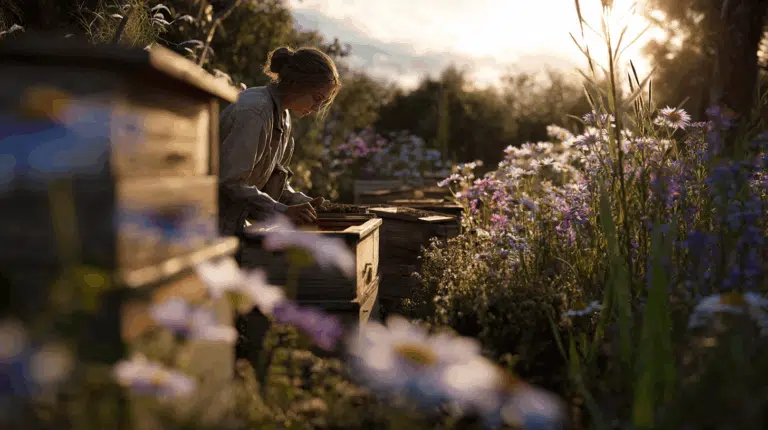Anemonen geven vrolijke, kleurrijke bloemen met een speelse uitstraling. Ze bloeien rijk, zijn geschikt als snijbloem en brengen een frisse lentetoets in elke tuin.
De Anemone coronaria is een elegante snijbloem die direct sfeer en kleur brengt in elk boeket. Met haar opvallende, open bloemen in tinten van wit, rood, roze, blauw en paars trekt ze onmiddellijk de aandacht. Het donkere hart vormt een prachtig contrast met de tere bloemblaadjes, waardoor ze zowel solo als in gemengde arrangementen schittert.
Deze bloem staat symbool voor verwachting en elegantie en past perfect in moderne of romantische boeketten.
Met de juiste verzorging blijft de Anemone coronaria lang mooi in de vaas. Een veelzijdige en stijlvolle keuze voor bloemisten en liefhebbers van bijzondere bloemen.

Anemone-bollen kunnen het best droog en koel worden bewaard, bij een temperatuur tussen 10 en 15°C en met een lage luchtvochtigheid. Vermijd condensvorming en temperatuurschommelingen. Bewaar ze niet langer dan 2–3 maanden, want dan neemt de kiemkracht af.
Plant de bloembollen op een diepte van 5–7 cm met de punt naar boven. Kies een zonnige tot halfschaduwrijke plek met goed doorlatende grond. Houd de grond licht vochtig, maar vermijd wateroverlast, omdat dit kan leiden tot rot. Bemest de grond bij voorkeur bij het planten met organische mest of speciale bloembollenvoeding. Tijdens de bloei regelmatig water geven en dode bloemen verwijderen stimuleert nieuwe bloei.
De meeste rassen van Easyseeds.eu zijn geschikt voor beide teeltvormen. Onder glas kan men eerder bloeien (vanaf januari), terwijl vollegrondsteelt beter is voor natuurlijke bloei in het voorjaar. Voor kasproductie is een lichte voorbehandeling (vochtige bewaring van 7–10 dagen bij 10°C) aanbevolen.
Technisch gezien kan dat, maar het wordt niet aanbevolen voor commerciële teelt. Na de bloei verliezen de bollen vaak aan vitaliteit en uniformiteit. Voor optimale resultaten adviseert Easyseeds.eu elk seizoen verse bloembollen te gebruiken, vooral voor snijbloemen.
Bij goede omstandigheden (lichte grond, voldoende vocht en voeding) ligt de opbrengst rond de 200–250 bloemen per m² voor enkelbloemige types, en 150–200 bloemen per m² voor gevuldbloemige rassen. Dit varieert uiteraard per klimaat, ras en teeltmethode.